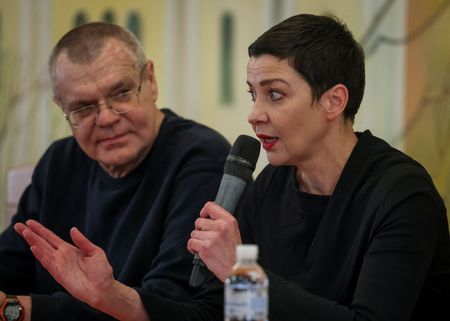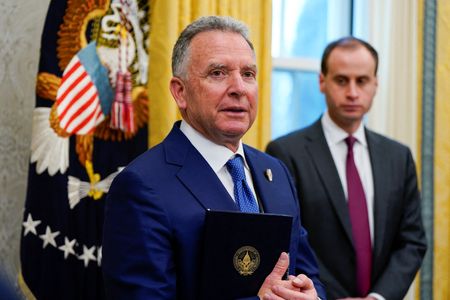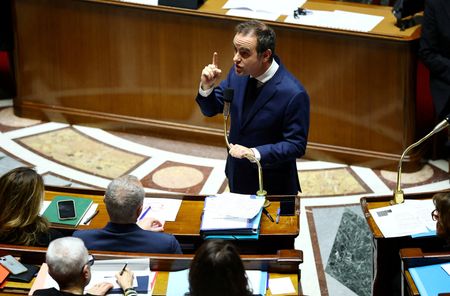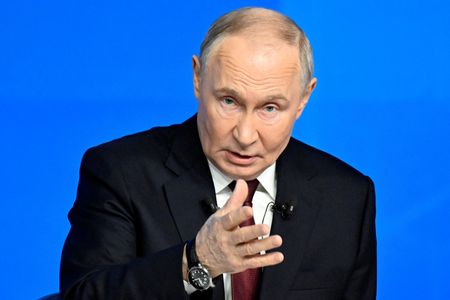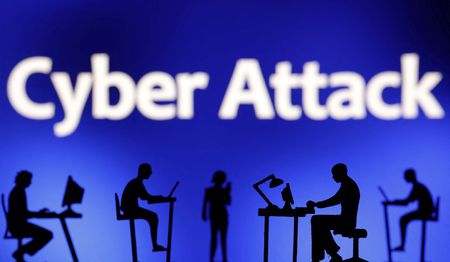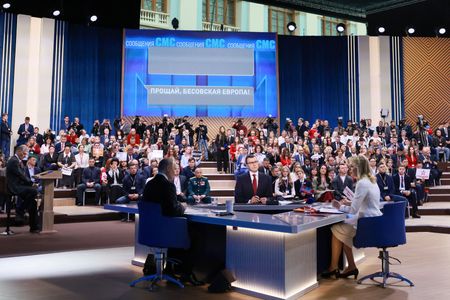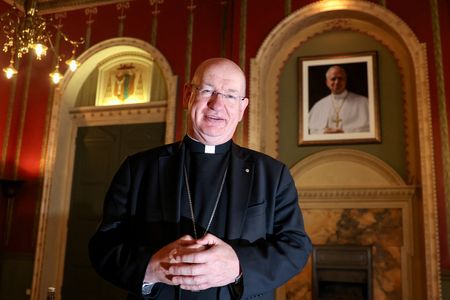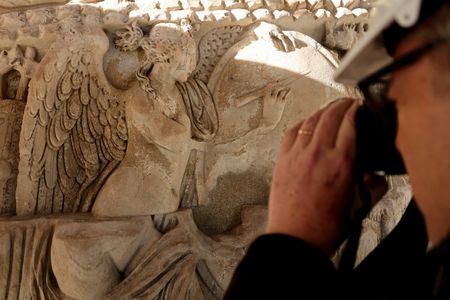By Ghaida Ghantous
DOHA (Reuters) -Top EU diplomat Josep Borrell said on Saturday Iran and world powers were “very close” to agreement on reviving their 2015 nuclear deal, which would curb Tehran’s nuclear programme in exchange for lifting tough sanctions.
Meanwhile Iran’s foreign minister appeared to show flexibility on an issue which has been a leading sticking point in the nuclear talks, and Yemen’s Iran-aligned Houthi group launched an apparent peace initiative to end a seven-year war.
Then-U.S.
President Donald Trump abandoned the pact in 2018, prompting Tehran to start violating its nuclear limits about a year later, and 11 months of on-and-off talks to revive it paused in Vienna earlier this month after Russia presented a new obstacle.
Russia later said it had received written guarantees that it would be able to carry out its work as a party to the deal, suggesting Moscow could allow it to be resuscitated.
“Now we are very close to an agreement and I hope it will be possible,” the European Union’s Borrell said in an address to the Doha Forum international conference.
Borrell later told reporters that he believed a deal could be reached “in a matter of days”.
The failure of efforts to restore the pact could carry the risk of a regional war, or lead to more harsh Western sanctions on Iran and continued upward pressure on world oil prices that are already high due to the Ukraine conflict, analysts say.
Enrique Mora, the EU coordinator for the nuclear talks, said on Friday he would travel to Tehran on Saturday to meet Iran’s chief negotiator.
There are several difficult issues pending.
Iran wants the removal of a U.S. foreign terrorist organisation (FTO) designation against its elite Islamic Revolutionary Guard Corps (IRGC).
Iranian Foreign Minister Hossein Amirabdollahian said on Saturday that the lifting of U.S.
sanctions on the Revolutionary Guards was among Iran’s top demands in talks, but added that senior Guards officials had said that the deal should not be held up over the issue of sanctions against the Guards if the accord serves the interests of the people.
“But the Guards are among the main institutions in the country… and despite the permission of the Guards officials, this is one of our main issues,” Amirabdollahian told state TV.
Yemen’s Houthi group said on Saturday it was suspending missile and drone strikes for three days on Saudi Arabia, Iran’s regional rival, in a peace initiative it said could be a lasting commitment if the Saudi-led coalition fighting in Yemen stopped air strikes and lifted port restrictions.
Amirabdollahian said this week that a nuclear deal can be reached in the short term if the United States is pragmatic.
But U.S.
officials have been more cautious in their assessment of efforts to revive the accord, the Joint Comprehensive Plan of Action (JCPOA).
Tehran has also been seeking guarantees that the United States will not unilaterally withdraw from any agreement.
The extent to which sanctions would be rolled back is another sensitive subject.
(Reporting by Andrew Mills, Ghaida Ghantous, Dubai newsroom and Aziz El Yaakoubi in RiyadhWriting by Michael GeorgyEditing by Alexander Smith, Helen Popper, William Maclean and Christina Fincher)


